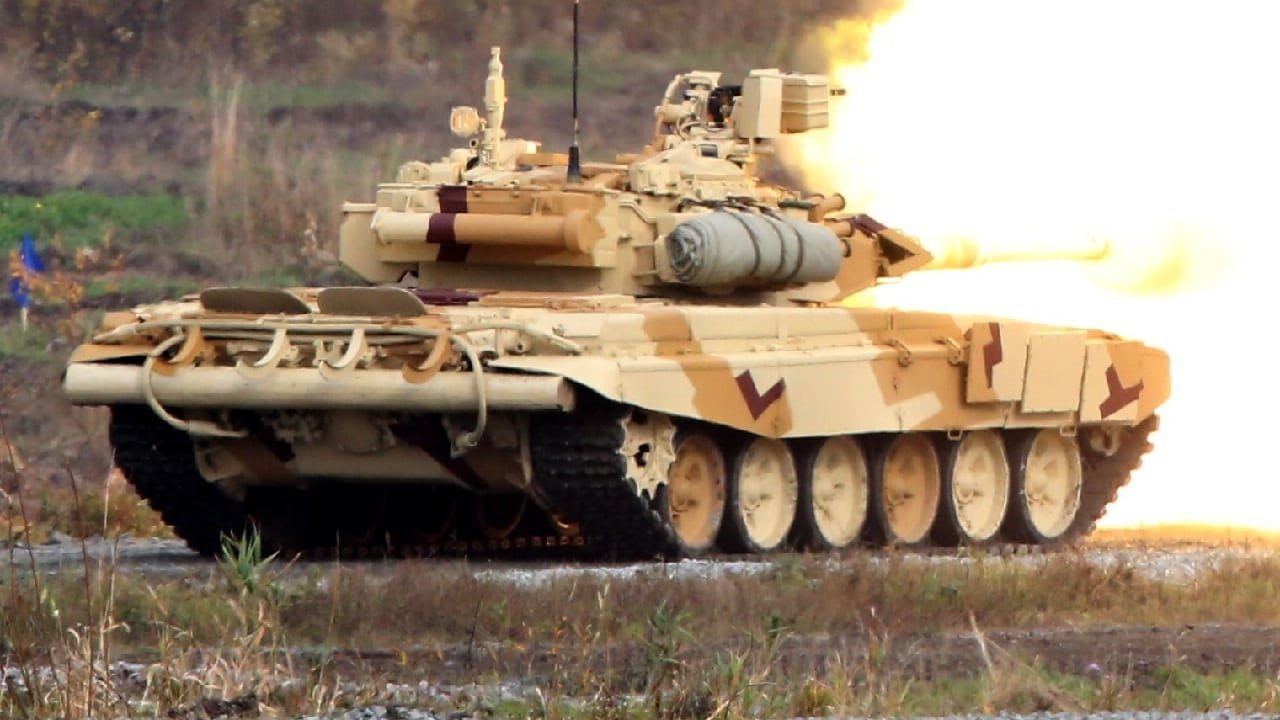German Chancellor Olaf Scholz has faced criticism at home and abroad for being one of the few NATO members not to step up and send weapons to help the Ukrainians in the weeks before Russia launched its unprovoked and unwarranted attack. Scholz had noted that Germany’s military stocks have been depleted and that the domestic industry couldn’t readily replace the weapons that could have been sent.
Another factor is that Berlin’s long-standing policy has been not to export weapons to warzones. The policy has long had broad public support given Germany’s history and the resulting pacifism. There has also been the guilt associated towards the Soviet Union for the Second World War – so it is not surprising that German officials had remained cautious in their involvement in the conflict in Ukraine. However, Germany even attempted to block other NATO allies from sending aid as well.
Change of Heart
What changed was the brutality of the Russian assault on the civilians of Ukraine, and it also caused Berlin to consider whether it might be ready to fend off such an attack. The German leader has since announced a dramatic overhaul of its foreign and security policy.
More importantly for the people of Ukraine and the government in Kyiv, Germany has pledged to deliver anti-tank and anti-aircraft weapons from its own military stocks, which have been described as “defensive” in nature. Earlier this month, the government in Berlin announced that it had earmarked 1.4 billion euros to help Ukraine buy weapons.
The question remains on how much Germany can actually do, given the current state of the Bundeswehr.
“There is currently little clarity around Germany supplying heavy weaponry, such as artillery and armored vehicles, to Ukraine. What is clear, however, is the immense strain that will be placed on the BAAINBw – the German Military Procurement Agency – if any sale or transfer occurs. The department is notorious for its ongoing operational problems that have seen up to 10 percent of the German budget unspent in some years, revealing how the department has been running at maximum capacity even prior to recent events,” explained Madeline Wild, associate defense analyst at international data analytics firm GlobalData.
“Therefore, the huge leap in budgetary spending, and now the potential supply of heavy weapons to Ukraine, threatens to overload the procurement structures in Germany,” Ward said via an email. “This is arguably one of the biggest problems facing the Bundeswehr as the issues in the department may render it incapable of maintaining the weapon reserves.”
In addition, concerns have been raised over how internal bureaucracy and staff shortages in the BAAINBw have put the brakes on fast and efficient procurement of defense platforms.
“This will add to fears that weapon transfers could lead to a depleted German fleet: this is because the necessary agile procurement process that would be needed to replace what is transferred in a timely manner are not in place,” Ward continued.
Helping Ukraine could also help the Bundeswehr, as older equipment could go to Ukraine, and then be replaced with newer items.
“The strength and reliability of Germany’s defense industry to quickly produce replacements will mitigate against these issues, as will the newly raised pool of funds available to the Bundeswehr,” suggested Ward. “Any newer models supplied to Ukraine will likely be immediately deployed as they do not require intensive training such as the Stinger missiles that have already been delivered.”
Larger equipment that could be supplied would likely be from the late Cold War era, such as the Marder Infantry Fighting Vehicle (IFV), but it would likely require less training in order to be used by the Ukrainian forces.
“The German government has pledged to replace any technology given to Ukraine from its reserves, which is where the effects of issues within the BAAINBw may be felt,” said Ward.
However, Germany is not the only country grappling with how to transfer sufficient weaponry without leaving its own reserves depleted.
“In early April, President Biden authorized the Defense Production Act of 1950 that invokes certain arrangements to ensure the domestic defense industry can be prioritized in the receipt of critical materials and industrial resources,” Ward added. “Whilst this is not a golden ticket for unlimited arms transfers, it is a move that has helped to relieve pressure on the U.S. defense industry as companies scramble to replace their stocks.”
Now a Senior Editor for 1945, Peter Suciu is a Michigan-based writer who has contributed to more than four dozen magazines, newspapers and websites. He regularly writes about military hardware, and is the author of several books on military headgear including A Gallery of Military Headdress, which is available on Amazon.com. Peter is also a Contributing Writer for Forbes.

